{{phone.Value}}
successful admissions
of students enter the university of their choice
students consult Education Index when applying for universites
successful admissions
of students enter the university of their choice
students consult Education Index when applying for universites
In your first year, you’ll take on small design projects to gain a grounding in engineering mathematics and principles, supported by a broad introduction to energy from practising engineers. Current modules include: Mathematics for Engineers; Engineering Practice; Engineering Principles and Laws; Mechanics; Engineering Studies; and a number of options including business and languages.
Your first year taster course Engineering Studies allows you to study a number of more focused engineering disciplines. Introductions to civil engineering, mechanical engineering, electronic and electrical engineering, and energy engineering are delivered through fieldwork, hands-on component assembly, 3D printing, CADCAM and case studies provided by visiting industrialists.
You then have the flexibility to change your degree path based on what you’ve learnt. You can choose your path at any point up to the start of your second semester or, with appropriate module choices, you can also delay the decision until the end of second year.
In addition to the core material that builds on your first year, you’ll be exposed to electronic and electrical engineering together with the fundamentals of mechanics, dynamics and vibration that are so important for mechanical engineers. This broad exposure is valued by employers who seek well-rounded engineers. Teaching in Engineering Principles and Design carries the thread of design through to your final year.
If you achieve 60% or above in your second year you may be eligible to transfer onto the four year MEng Engineering programme.
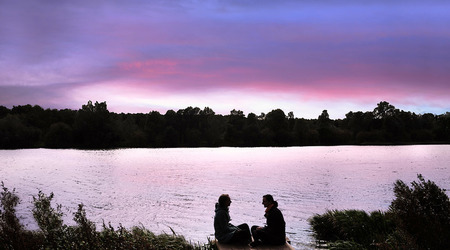

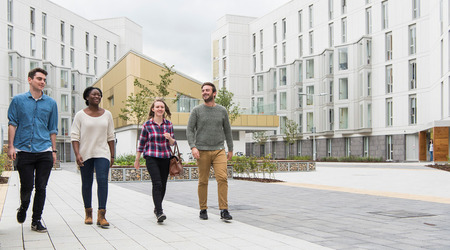
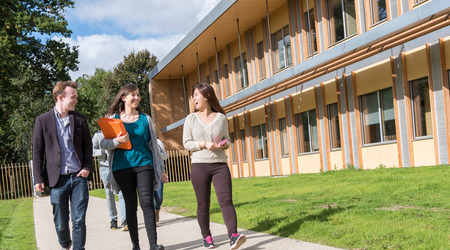
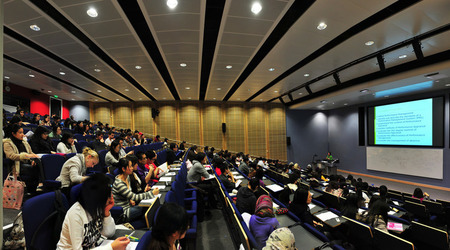
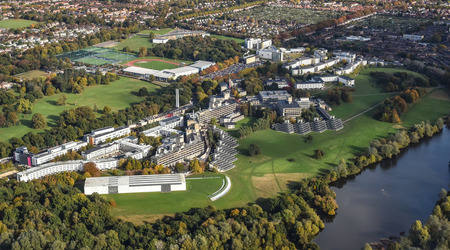
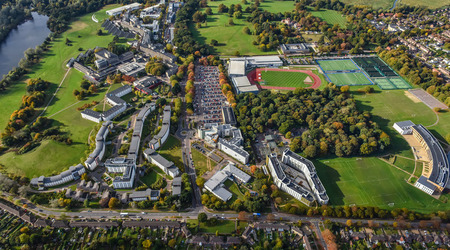
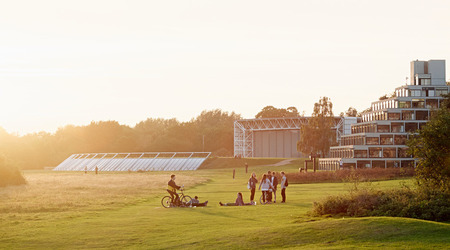
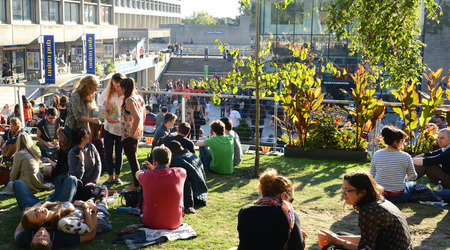
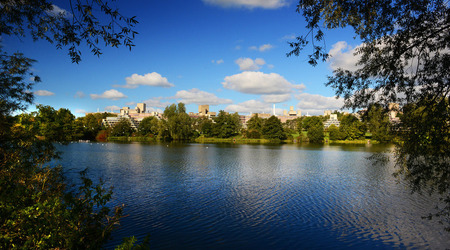

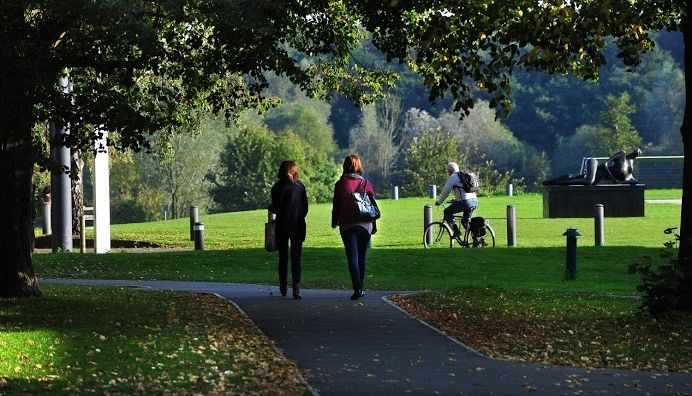
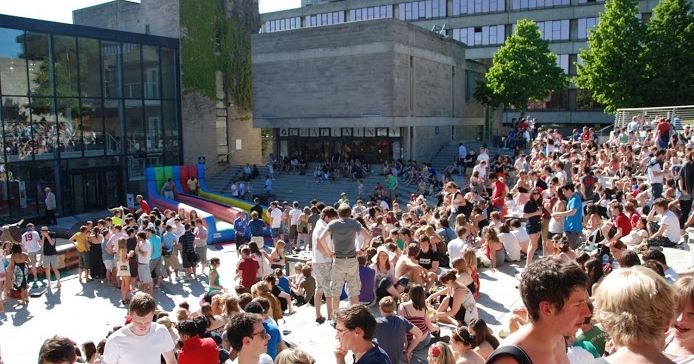
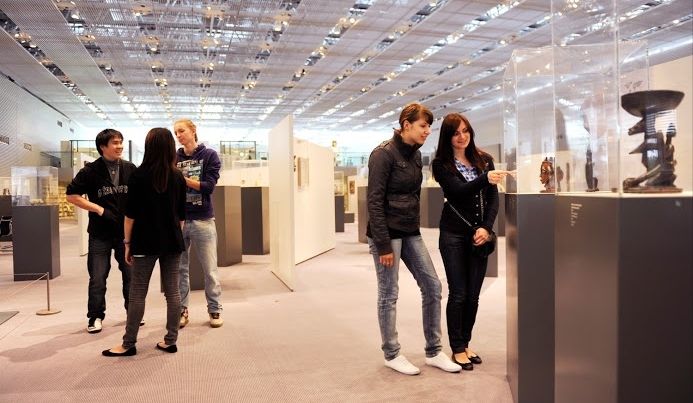
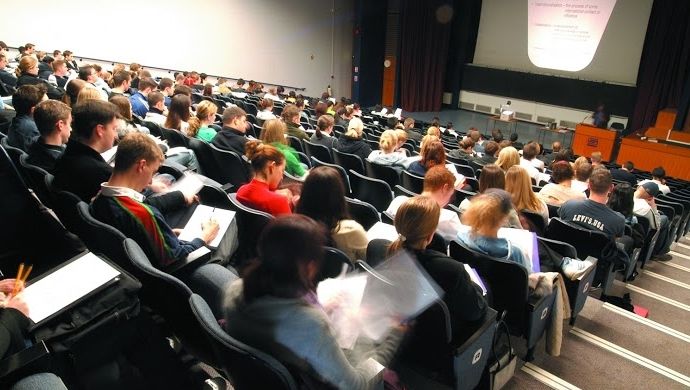
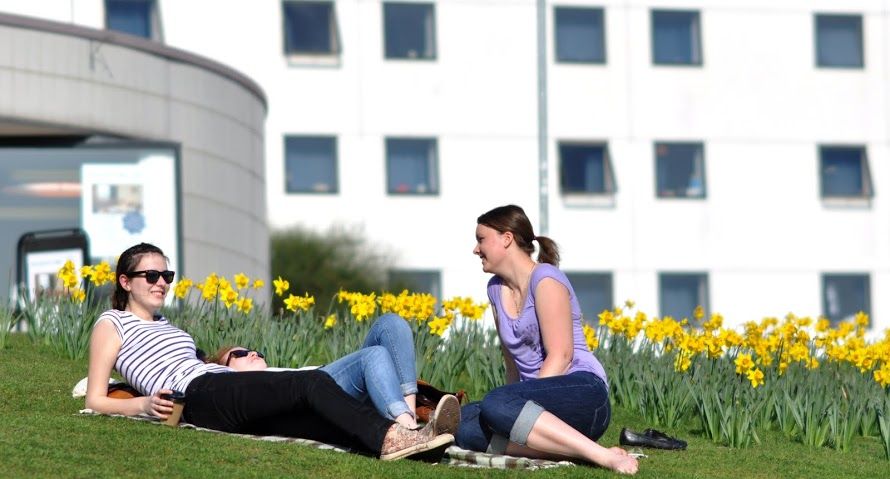
The University of East Anglia is based in the vibrant city of Norwich, located in the east of England. The city is less than two hours by train from London and is a unique blend of historic English architecture and modern design, which creates a dynamic and unforgettable atmosphere.
Norwich is home to eight theatres, five museums, four cinemas, two cathedrals, four music venues and a castle. There are 300 pubs, restaurants and bars,1500 historic buildings as well as modern developments such as The Forum, which is the home of the regional BBC studio and the award-winning Millennium Library.
As a base for exploring Britain, Norwich is just a short journey from Cambridge and other key cities with coaches and trains conveniently connecting you with the rest of the UK. International students are also able to take advantage of Norwich International Airport which is conveniently located 15 minutes from campus.